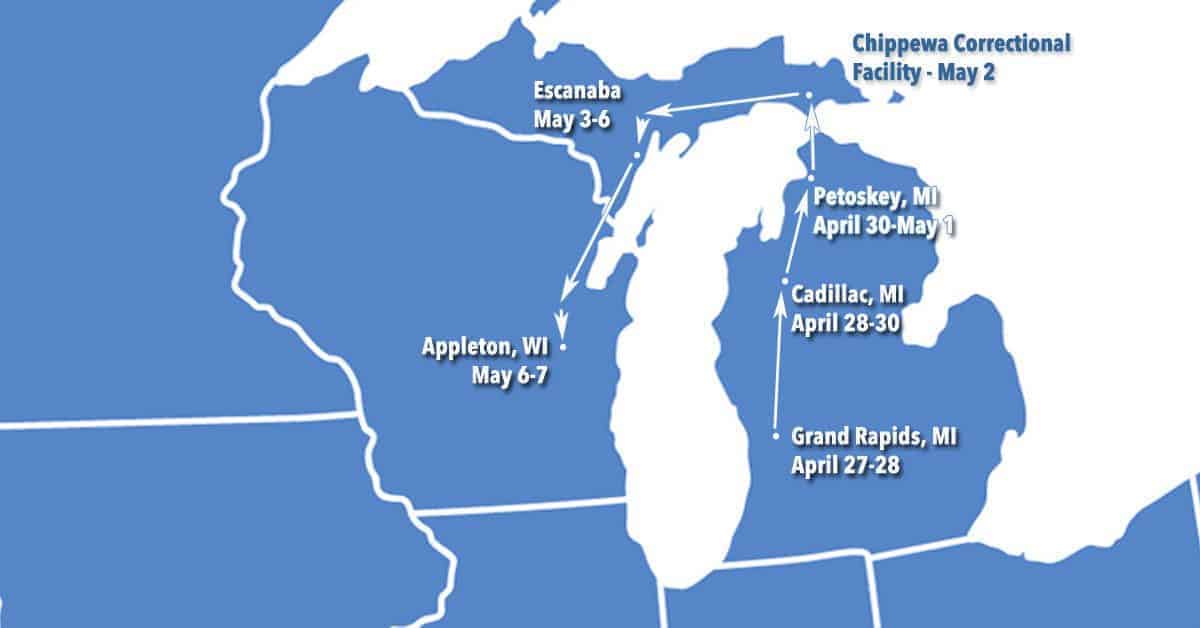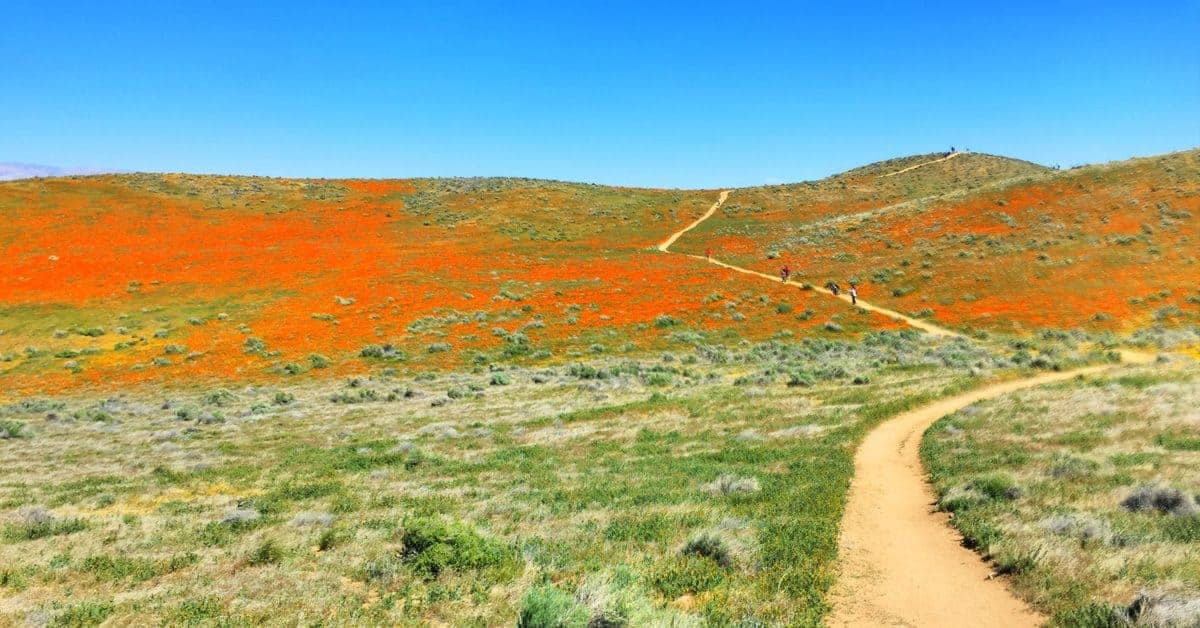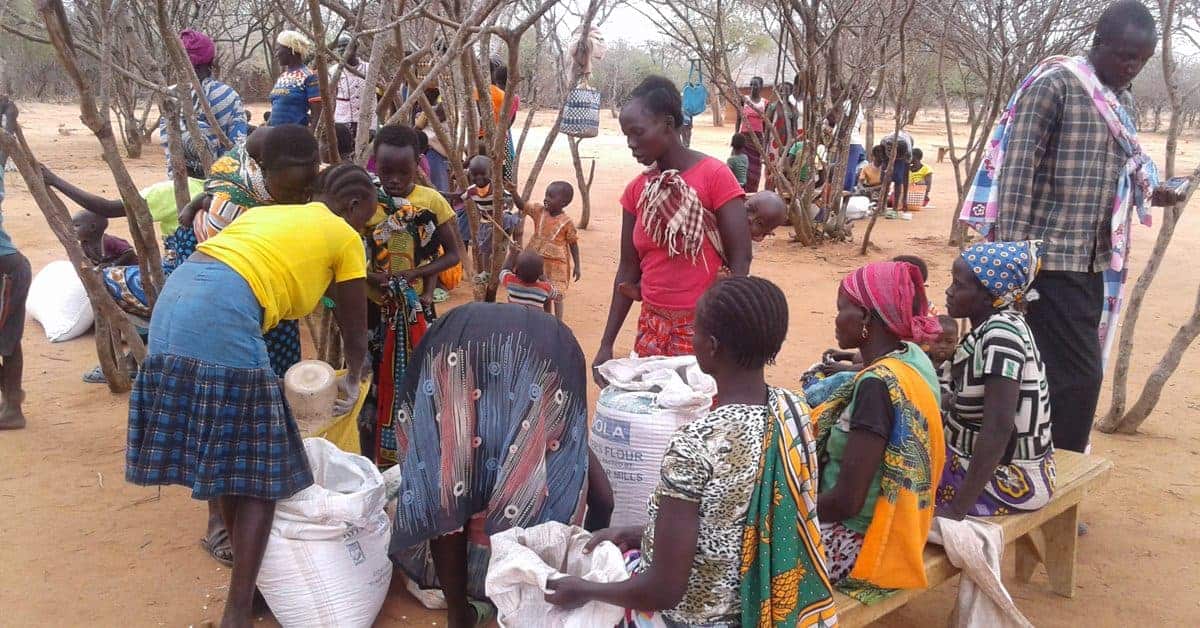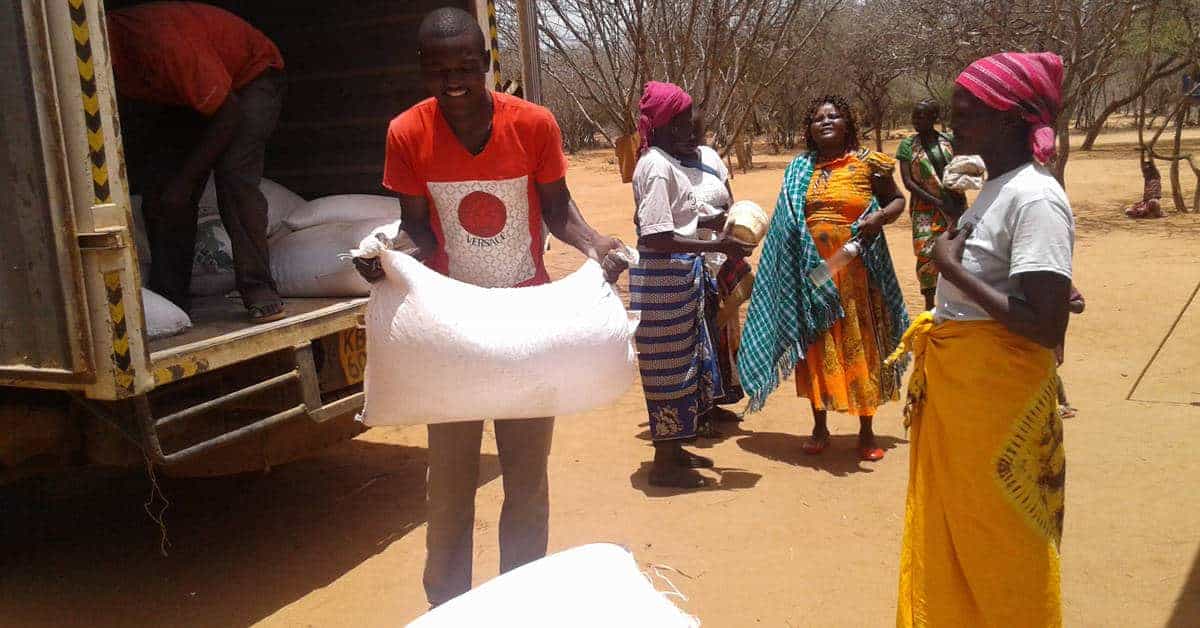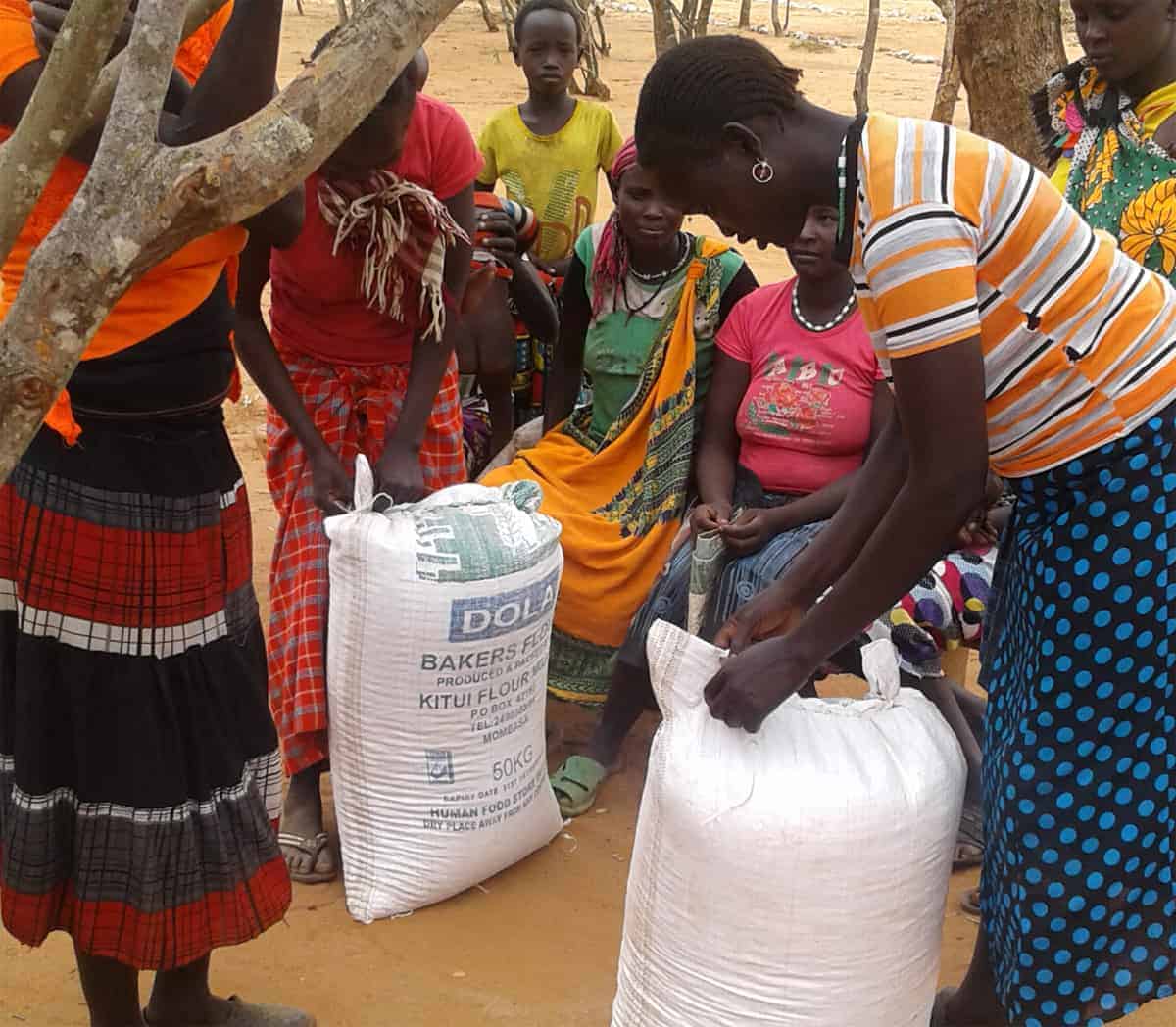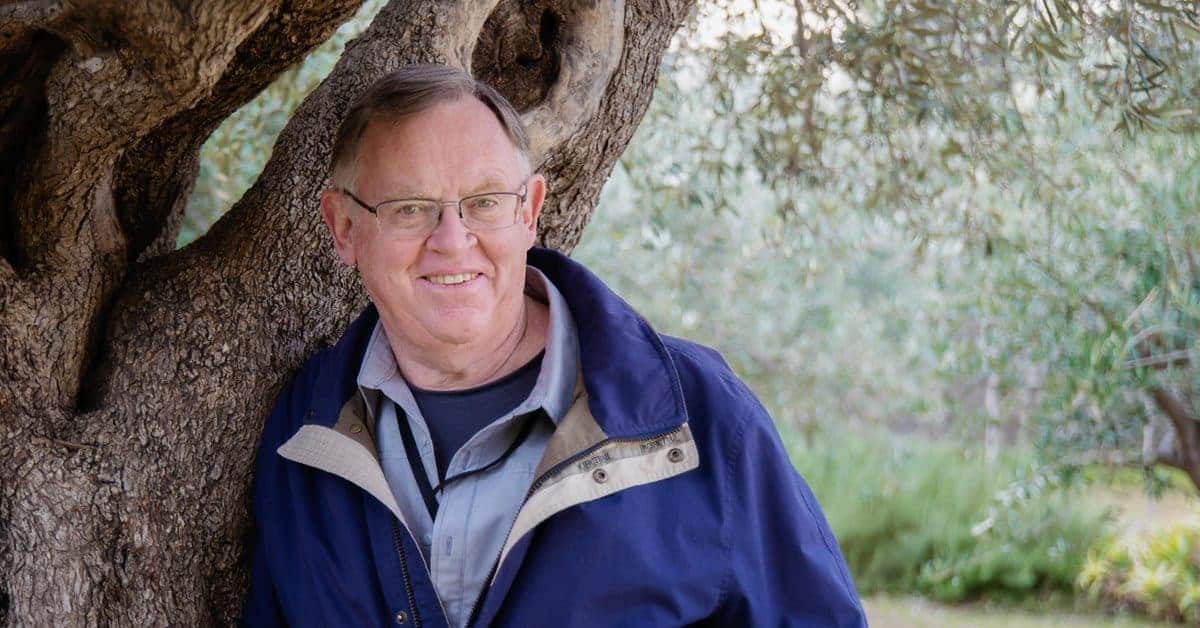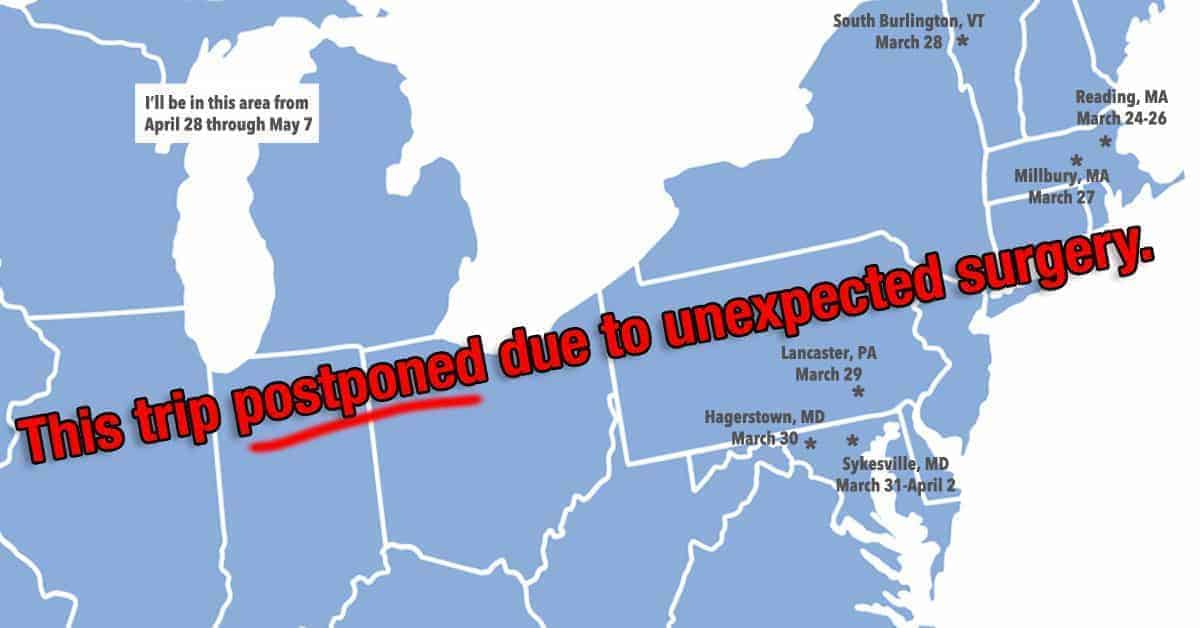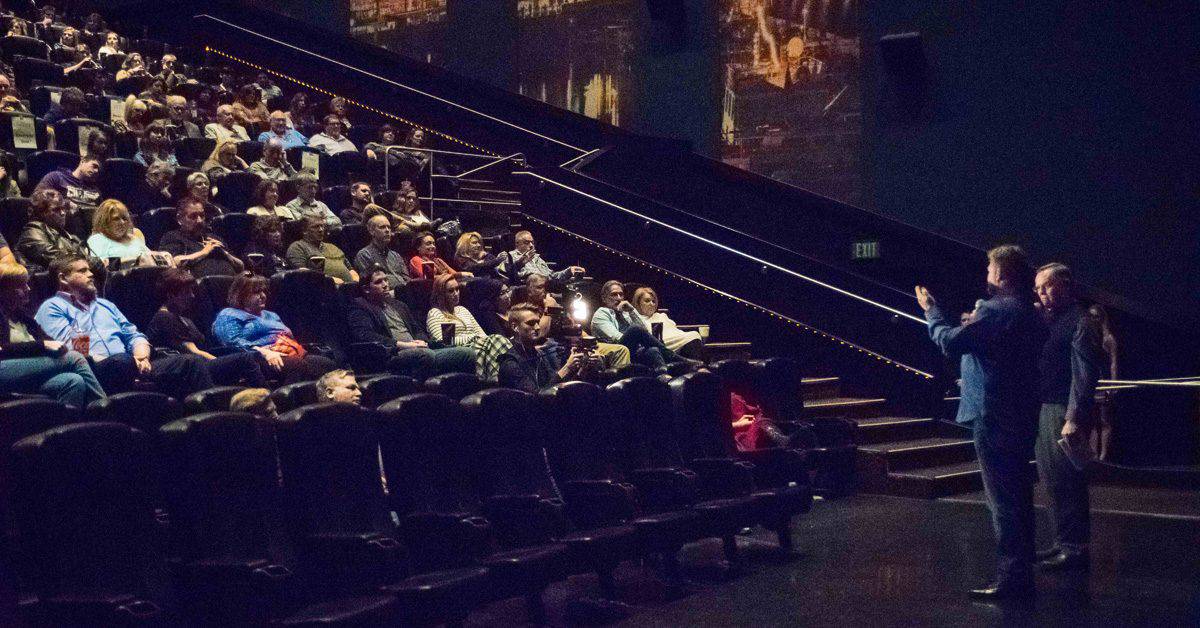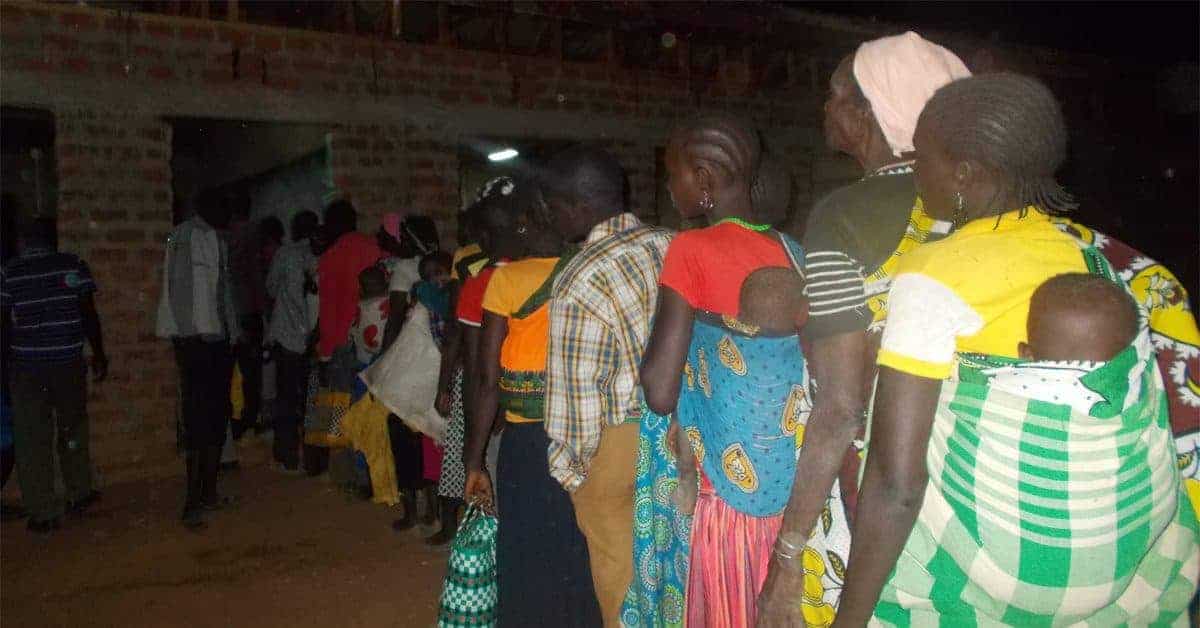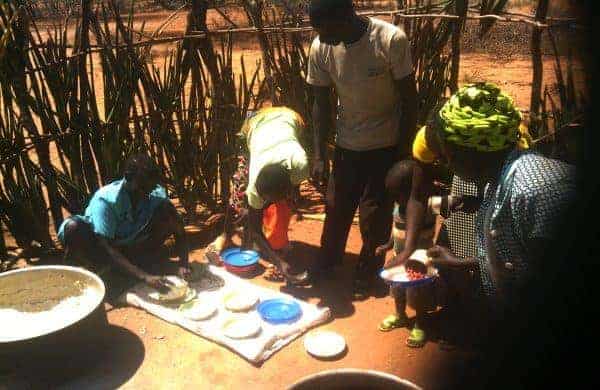Did I get one yesterday!
The last few months have been difficult for a number of reasons, not the least of all is some health issues I’ve had to deal with. The health issues are getting behind me now, I hope, but some of the other stresses surrounding my life seem to be festering again.
I get a lot of encouraging mail, but yesterday someone took the time to write me a lengthy email just to tell me how the see Jesus reflecting through my life. It couldn’t have come at a more amazing time. I can’t work out again except to walk, so I’d just been on a two mile walk mulling over some things with God. And while some interesting thoughts came to mind during the time, I always come back processing which of those were God’s thoughts and which were mine. Often I don’t answer that for days or weeks.
But yesterday I returned to an email in my inbox that couldn’t have been timed more perfectly. And there were some phrasings in there that came straight out of my time with him. I rarely get such immediate or concrete confirmations, but because this lady took some time over the weekend to put some of her thoughts down and send them to me, my day seemed a bit more miraculous yesterday. I was deeply touched. I wish I could share with you the email I got yesterday, but it would be horribly self-serving to do so.
It came from someone I’m just getting to know better, though they’ve been reading some of my stuff for awhile. I stayed with her and her husband once, very briefly and years ago, but more recently I had some longer time with her and her husband on a trip. Her email was not just about me or my writing, but also about what God had been shaping in her heart and mind by reading and listening to some of the things I’ve been involved in. And it had the time arc of more than a decade so some of the longer-term fruit could be recognized and celebrated. Some of my things had helped her recognize and affirm what God had already put on her heart and gave her the courage to follow it, even when others around her were less encouraging. She talked about a newfound hunger for Scripture, how much she’s enjoying the work of God refining her, and the joy of meeting other people I know in the world. (I do know some pretty amazing people.) She closed with a Scripture verse for me that touched my heart.
After sitting with it for a few hours, I wrote her back:
“What an incredibly sweet letter to brighten my day! Thank you for taking the time to put your thoughts together and sending me such an encouraging email. in the midst of my recovery here. I was deeply touched, not only by your appreciation for my life, but even more for the work that it has encouraged in your own. I love that God continues to prune, refine, and recalibrate us so that we can live every more freely and daringly in his reality, instead of being lost in our own perceptions and preferences. I get to meet some of the most amazing people on the planet and see firsthand what God is doing in them to shape his glory in them. Watching those people love, relate, laugh and enjoy God and each other together is always a joy for me personally. I am deeply touched this morning. More than you know some of the specific things you said have illuminated what God has been speaking to my heart in some key areas. I’m so grateful to receive this from you this morning. Thank you. Thank you. Thank you!”
Why am I sharing this with you today, especially without all the details? Because I was reminded how powerful encouragement is, and following through on something God has put on your heart. It isn’t always easy and it sometimes feels a bit weird, but you have no idea how much you touch someone when you just write them a note, however briefly, to tell them what they mean to you, how Jesus is reflected in the way they live their lives, and how your life has been touched by them.
None of us hear that enough. Why? Because most people are too busy fighting for their own survival that they don’t pause to think how much someone around them might be blessed by an encouraging word. The impact it had on me yesterday was profound. It shaped my entire day and probably this week.
And it is something that’s so easy to do for others.
A few days ago someone sent me a blog posting about a couple who’d lost their twenty-year-old daughter in a tragic car accident last week. Their daughter wasn’t the driver but in the article they referred to THE SHACK and how much it had helped them find God in their own tragedy. They encouraged everyone to go to the movie. A few minutes later I had the thought to call them just to encourage them in the pain of their loss. Yes, it felt weird. They are not going to know who I am and I’m not even sure what to say. Besides, I didn’t have their phone number. As I tried to talk myself out of it, I realized I might be resisting the very Spirit I seek to follow. A quick Internet search got me their number and a few moments later I was talking to both parents sharing a bit of what God was doing in them through their own grief and to let them know I’d be praying for them
Encouragement is the least costly thing you can give someone, but may also be the most priceless. Looking for a way to sneak into someone’s life and leave them with words that will draw their heart in gratefulness to God may be the best way you can impact someone else today.
That may be why Scripture tells us to “Encourage one another daily.”
No better gift.
No better time.




